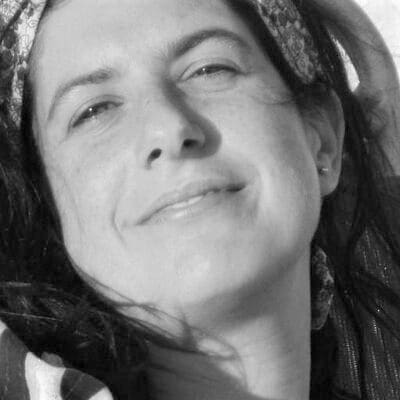Jean Maggi Foundation brings adapted bicycles to Ukraine’s Superhumans Centre, offers those injured in war a new chance at life
One day, I met a soldier who lost both legs and half of his hand. As he recounted the story of the day he lost his limbs, his eyes filled with tears. He showed me the medals and patches on his uniform. Every inch of his jacket told a story.
- 8 months ago
November 21, 2023
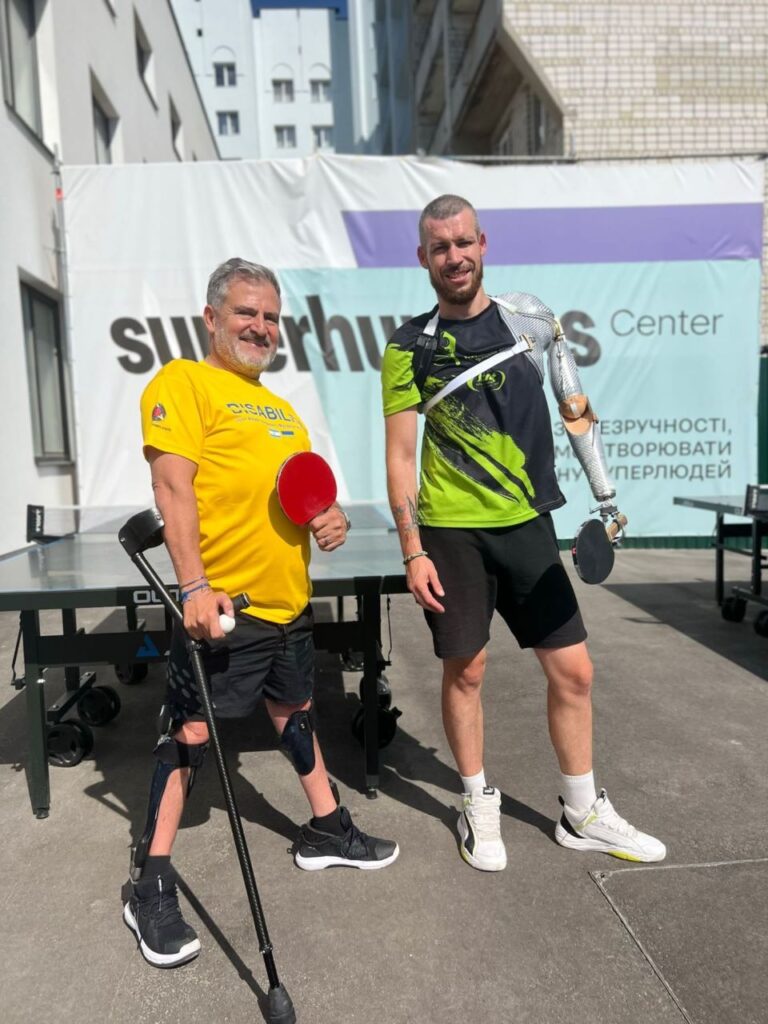
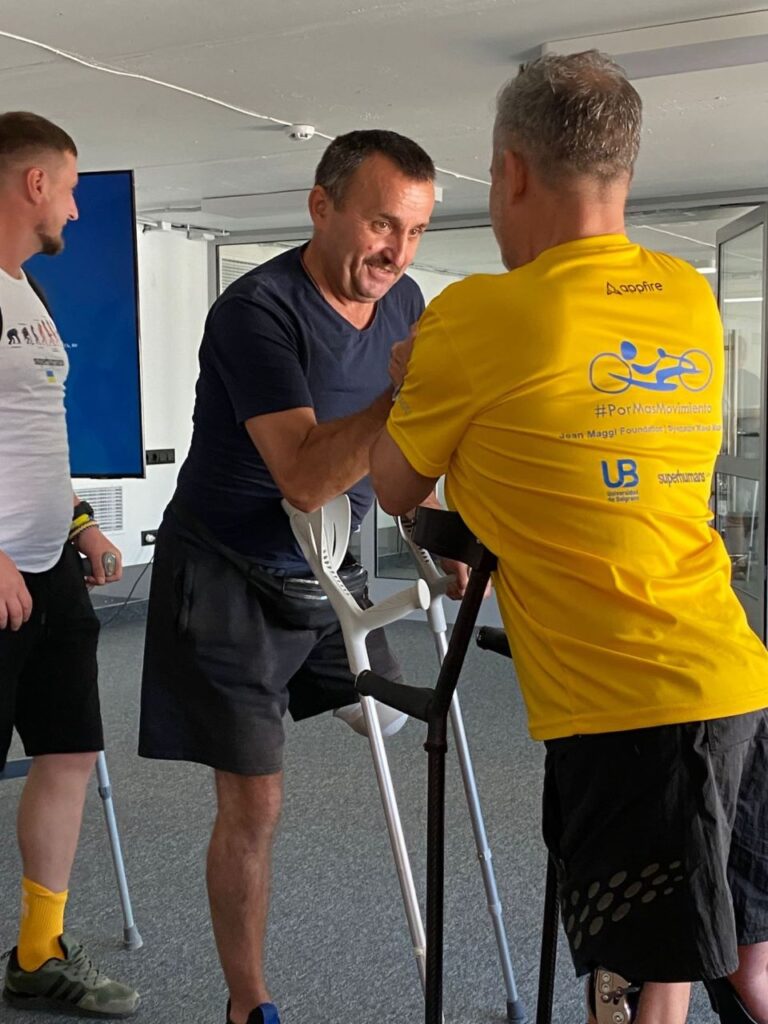
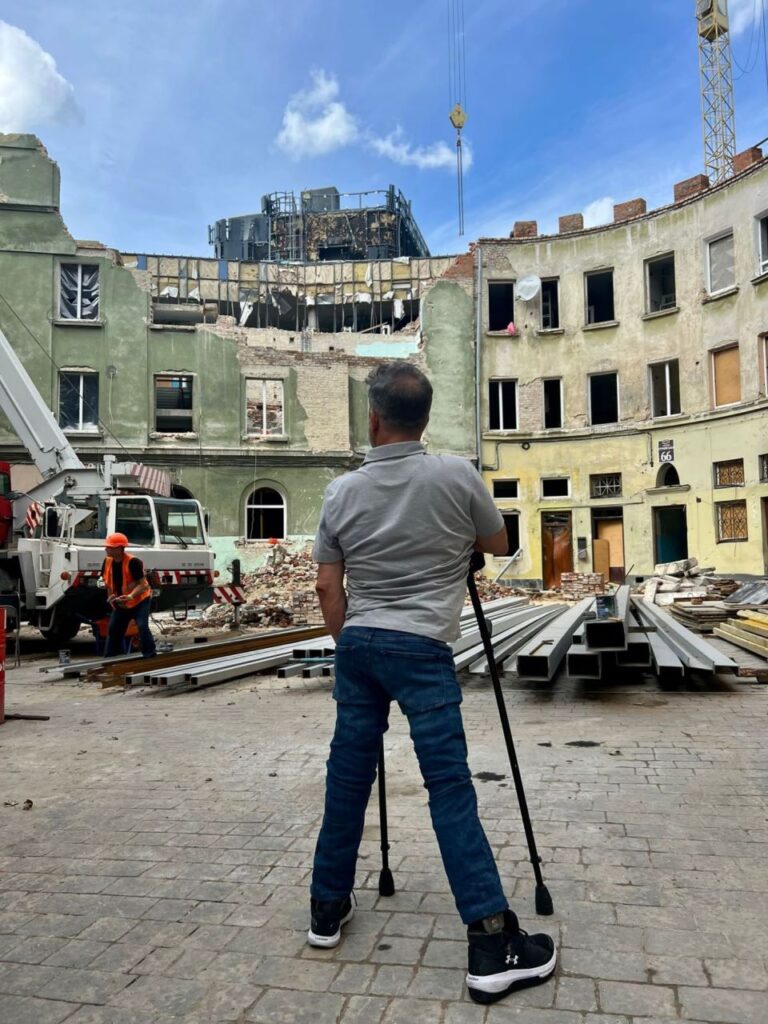
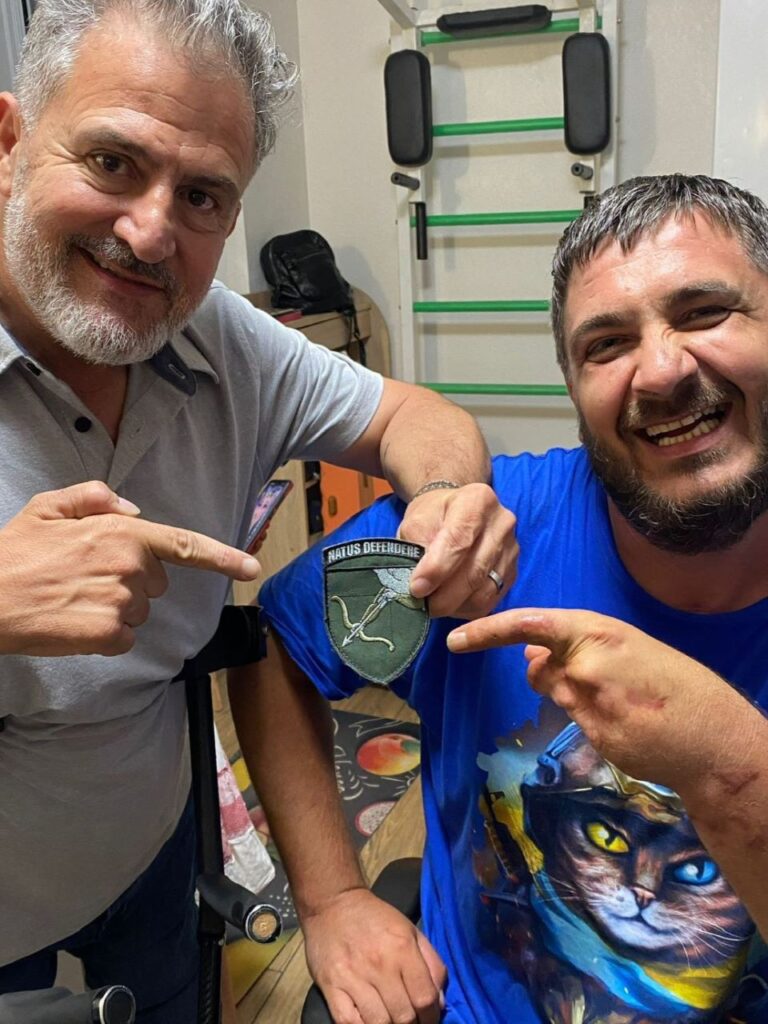
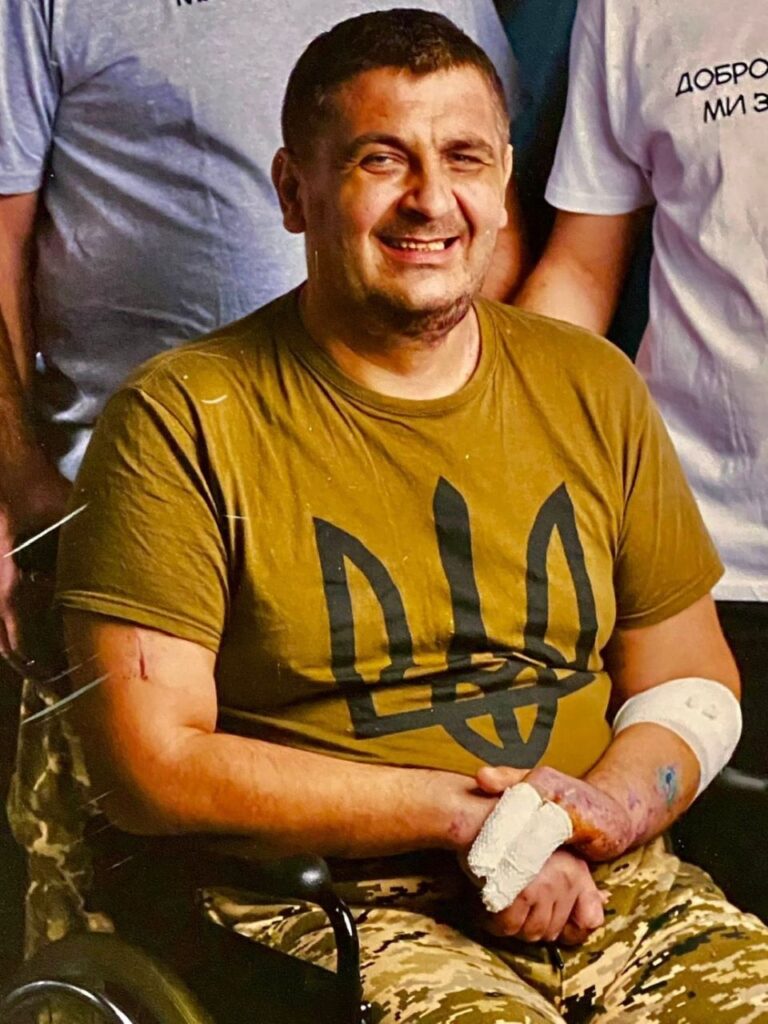
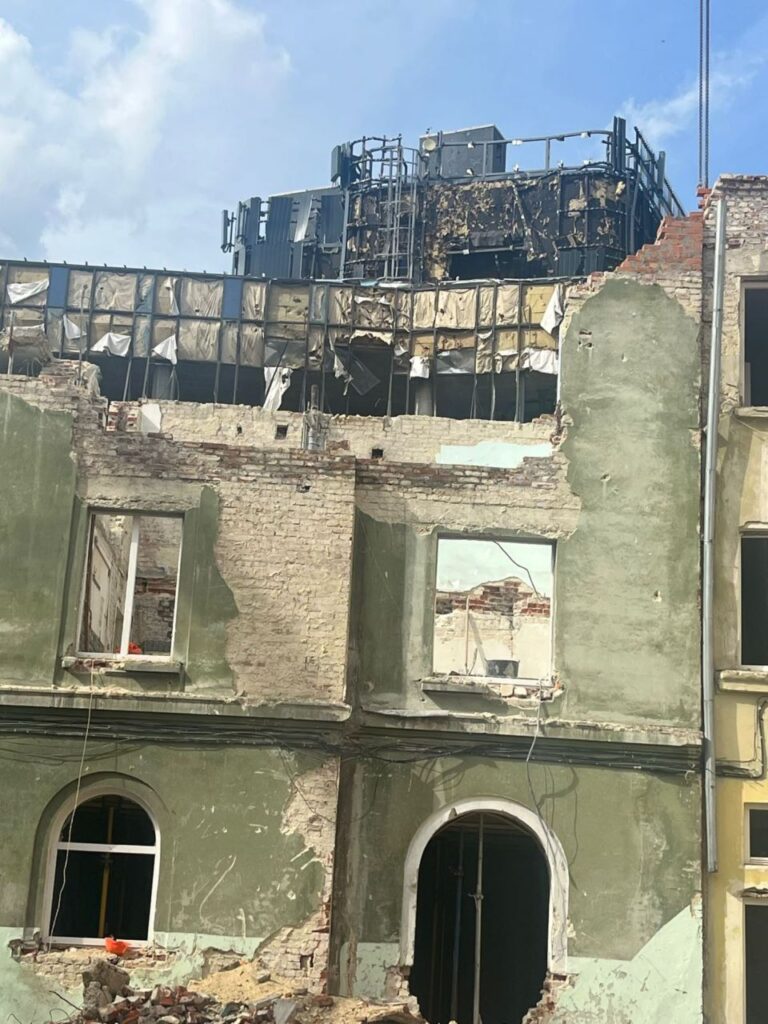

LVIV, Ukraine — On August 15, 2023, the 14th consignment of humanitarian aid from Argentina sent me and a team to Poland on a mission to bring aid to Ukraine. After our airplane landed, we traveled into Ukraine by car, looking out at the streets ravaged by bombs. The gut-wrenching scenes sprawled out before us resembled a wasteland.
Stuck by the gravity of it all, we decided to stay and offer additional support. We had developed an idea: to give away adapted bicycles to allow people with limited mobility greater freedom to move around. Allowing Ukrainians injured in the war greater autonomy over their bodies felt like a magnificent step in the right direction.
Read more stories from Ukraine at Orato World Media
How Jean Maggi got his start giving away adapted bicycles
When I was one year old, I contracted polio. I lost the mobility of my lower limbs and felt like a prisoner in my own body. Despite that, I felt determined to do all the things I dreamed of doing, without limitations. When I got older, I began to journey around the world. I crossed the Andes and participated in marathons on an adapted bicycle. Eventually I launched the Challenge Himalaya project to inspire and empower youngsters with disabilities. I traveled to the highest point that can be reached in the Himalayas on an adapted bicycle.
In time, I decided to help others in similar situations achieve their dreams. I launched the Jean Maggi Foundation to give adapted bicycles away to people with disabilities. Early on, I engaged media-backed firms, trading speeches for vital bicycle donations. The efforts burgeoned quickly, culminating in organized bicycle distribution events.
A pivotal point arrived during the 2018 San Juan Tour when the Provincial Government requested 50 bicycles and amplified our impact. Yet, securing funds and donors was just the start; finding a reliable supplier posed a challenge. This led to the creation of Superadaptos – my factory to build adapted bicycles which we can give away through the foundation. Investments flowed in, and we hired a team of disabled youths.
As I witnessed the profound metamorphosis taking place in children and adults who received the bicycles, a sense of profound joy filled me. They inspired me as they reclaimed their independence through riding. By tapping into my own limitations, I extended a supportive hand, and offered people the chance to own their freedom.
The adapted bicycles make their way to the Superhuman Centre in Ukraine
One day, amidst the Russia-Ukraine war, the band Coldplay generously donated a guitar to the foundation which ultimately funded the assembly of 20 adapted bicycles. Coordinating with the European Union, pilot Enrique Piñeyro along with the Argentine White Helmets flew the bicycles on an airplane to Ukraine. When a second shipment was ready to go out, this time I boarded the humanitarian aid plane myself, firmly determined to witness the impact of adapted bicycles on the lives of people shattered by war.
Departing from Ezeiza airport in Poland to Ukraine, emotions overwhelmed me. Tears flowed from my eyes as each bicycle, wrapped in parcel paper, moved across the conveyor belt before being loaded on trucks. It felt like the realization of a long-awaited dream. People applauded as the bicycles arrived for transport.
Once in Ukraine, I eagerly awaited the delayed second batch of bicycles to arrive. A colossal line of trucks spanning over 18 kilometers at the border, revealed the sheer scale of humanitarian aid coming in. We partnered up with the Superhumans Centre to distribute the bicycles. [The Superhumans Centre is a modern rehabilitation center in Ukraine for adults and children who suffered life-changing injuries in battle and on the streets. The Centre provides prostheses and rehabilitation to give these Ukrainians the superhuman lives they deserve.]
Meanwhile, I watched as people tried their best to achieve some sense of normalcy in everyday life, despite the constant threats of war and the violence surrounding them. At night, when I heard sirens blaring, my body jerked awake. I feared the worst. A sense of permanent anguish filled the air. On the other hand, the Superhumans Centre offered hope that when the war ends, wounds may heal.
Getting to know injured Ukrainian soldiers and witnesses the impact of the war on children
Although my permissions would not allow me to stay in Ukraine for an extended period of time to see the eventual arrival of the adapted bicycles, I did get to meet disabled Ukrainians at the Superhumans Centre. These experiences left a profound mark on me. One day, I met a soldier who lost both legs and half of his hand. As he recounted the story of the day he lost his limbs, his eyes filled with tears. He showed me the medals and patches on his uniform. Every inch of his jacket told a story.
My heart swelled with emotion when he removed one of the patches from his jacket and handed it to me, to keep as a remembrance of my experience. Afterwards, my heart felt heavy. I wanted to help the best way I could as a fellow disabled person, but the level of barbarity I encountered as a result of the Russian invasion of Ukraine left me stunned. “What is the world coming to,” I wondered.

I met many patients during my days in Ukraine and I noticed without exception, despite their serious injuries, their mental strength remained profound. As soon as the soldiers were fitted with prosthetics, they said, “I’m returning to the front line as soon as I can walk again.” One patient at the Superhumans Centre invited me to an art exhibition. As I walked through the room, I saw drawings prepared by children hanging from strings everywhere. Each drawing told the heartbreaking story of suffering these children endured – like a cry for help. They also revealed a deep hope for the future.
Seeing Ukrainians’ determination in the face of horror
In the midst of this hell in Ukraine, I felt relief when I witnessed the people’s solidarity. My heart surged with the desire to ensure our adapted bicycles gave them the feeling of being superhuman. I wanted them to see, through my story, that no disability should hold them back in life. I could see that while many people seemed to have a normal life, they had also dissociated from reality.
This is where I knew our adapted bicycles would make a difference. I emphasized to the patients I met that embracing a victim mentality will stall their progress in overcoming their new disabilities. I conveyed the thrill of riding my adapted bicycle and it ignited an anticipation in their eyes. They couldn’t wait for the post-rehabilitation process, when they could join in and take their place on an adapted bicycle. Their eyes brimmed with eagerness for that moment to arrive. I felt like I gave them hope to remain strong and to show the world what we are made of.
Whether I was talking to people injured in the war or cooking food at night to send to the border, I felt the gravity of loss in Ukraine. [According to the Office of the United Nations High Commissioner for Human Rights or OHCHR, nearly 10,000 civilians have died during Russian’s invasion of Ukraine. More than 17,500 have been injured. According to a U.S. News article, a report by anonymous U.S. officials put the total Ukrainian death toll (civilian and non-civilian) close to 70,000. Various reports cite vastly different numbers but it is clear that thousands of civilian and military personnel have perished.]
At the Superhumans Centre, I witnessed a striking contrast that stays with me. On one hand, I saw patients grappling desperately with new injuries; and on the other hand, I saw those who learned to surpass their disability’s supposed limitations to achieve incredible things. I feel profoundly honored to have witnessed their determination in the face of horror.
